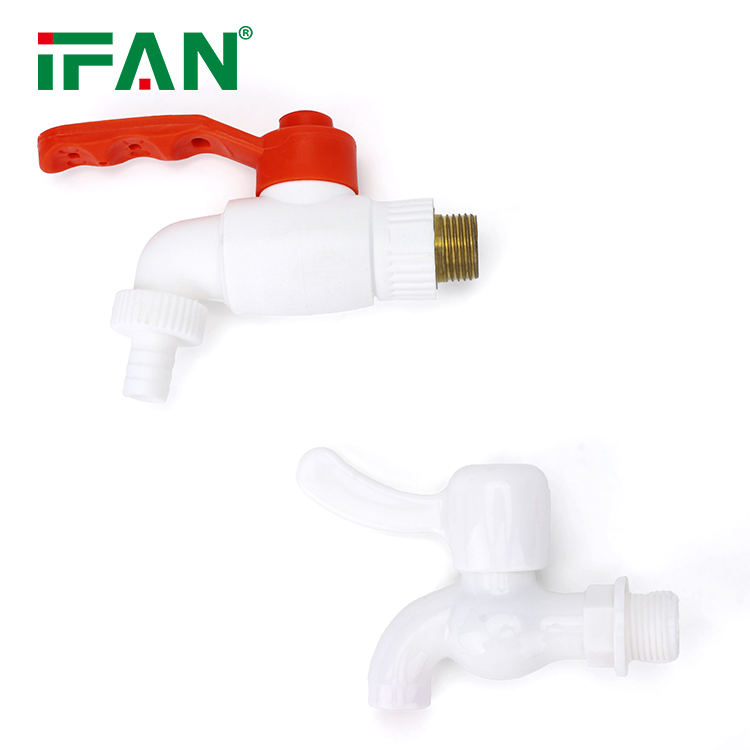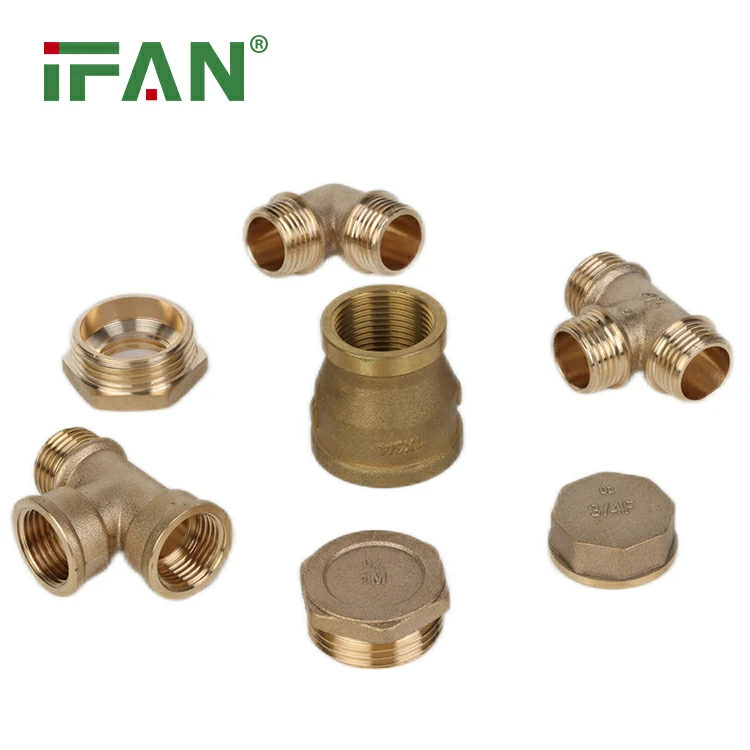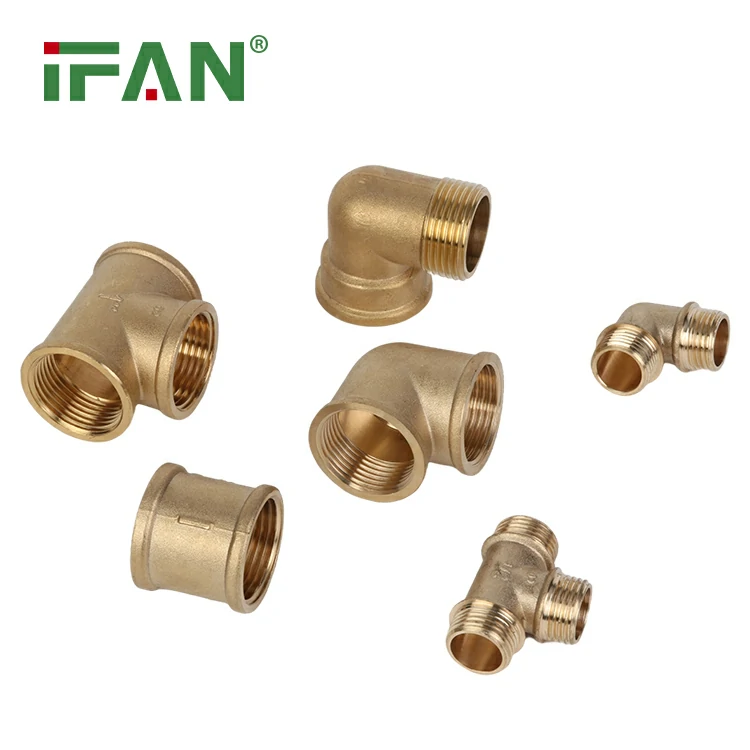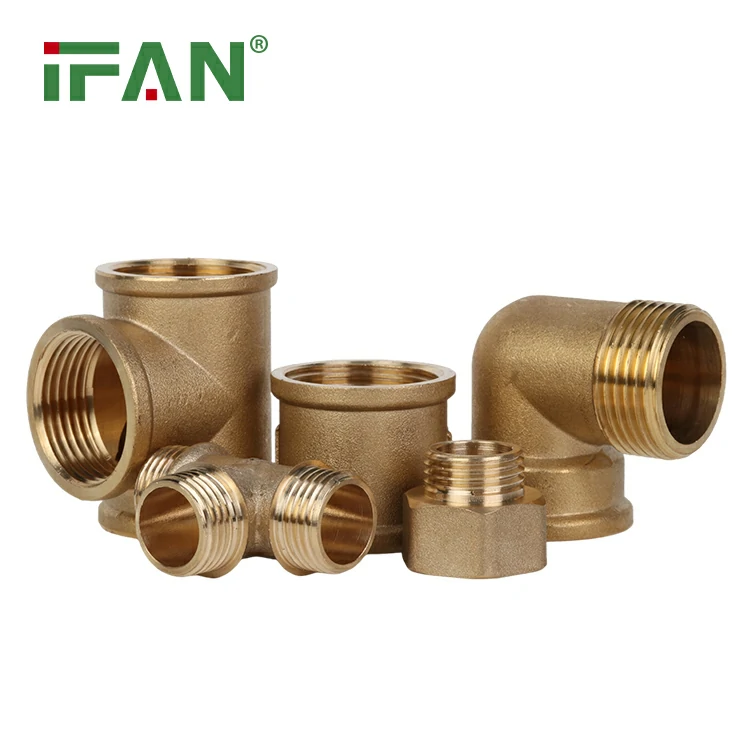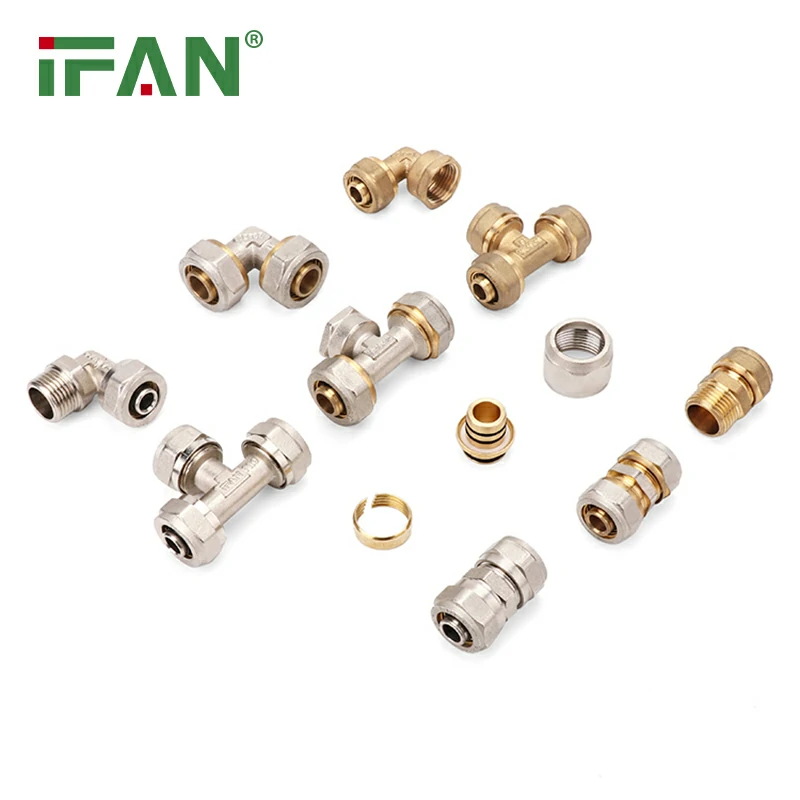Introduction:
Plastic bibcocks, also known as plastic ball valves, have become increasingly popular in recent years due to their durability, reliability, and low maintenance requirements. These valves are made of high-quality, corrosion-resistant materials that help ensure long-lasting and consistent performance. If you’re considering updating or upgrading your plumbing system, a plastic bibcock may be just what you need.
Advantages of Plastic Bibcocks:
- Cost Effective: Plastic valves like bibcocks are much cheaper than their metal counterparts like brass or stainless steel. This makes them an attractive option for anyone operating on a budget, or for people who want to upgrade their home’s plumbing system without spending too much money.
- Durability: Bibcocks are made of high-quality plastic that is resistant to corrosion, chemical damage, and other environmental factors that can cause metal valves to rust or degrade. This means they are less likely to fail or require maintenance over time, making them a great investment for any homeowner or contractor.
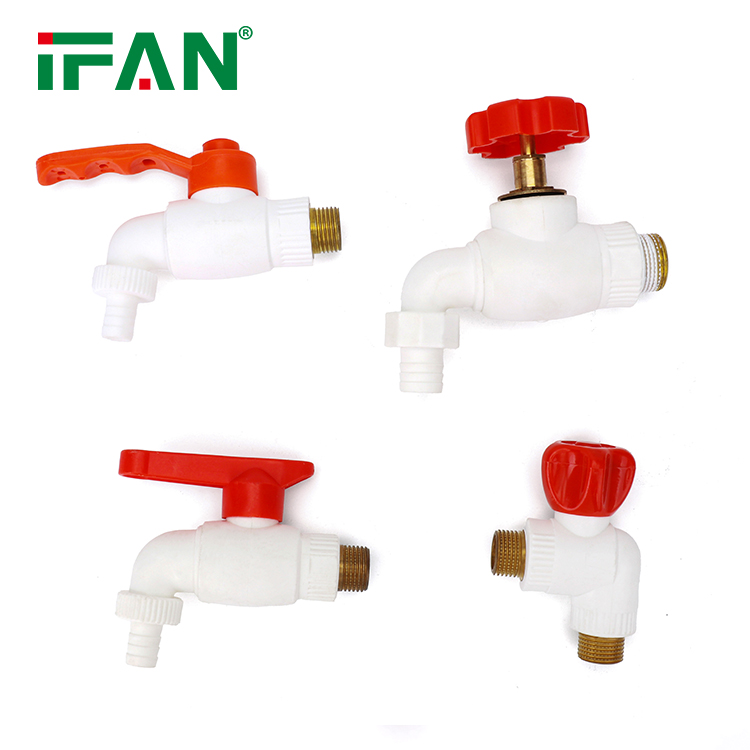
- Low Maintenance: Unlike metal valves that may require regular lubrication or cleaning, plastic bibcocks are self-lubricating and have low friction. This means they will continue to function smoothly even after years of use, with little to no maintenance required.
- Easy to Install: Plastic bibcocks are lightweight and easy to install, requiring only basic plumbing skills and tools. This means you can upgrade your plumbing system quickly and easily with a minimum of disruption to your daily life.
Conclusion:
In conclusion, plastic bibcocks are an excellent option for anyone looking to upgrade their plumbing system with reliable, long-lasting, and low-maintenance valves. With their durability, affordability, and ease of installation, plastic bibcocks are the perfect choice for homes, apartments, businesses, and commercial spaces alike. So, if you’re looking for a dependable and trustworthy option for your plumbing system, look no further than plastic bibcocks!
